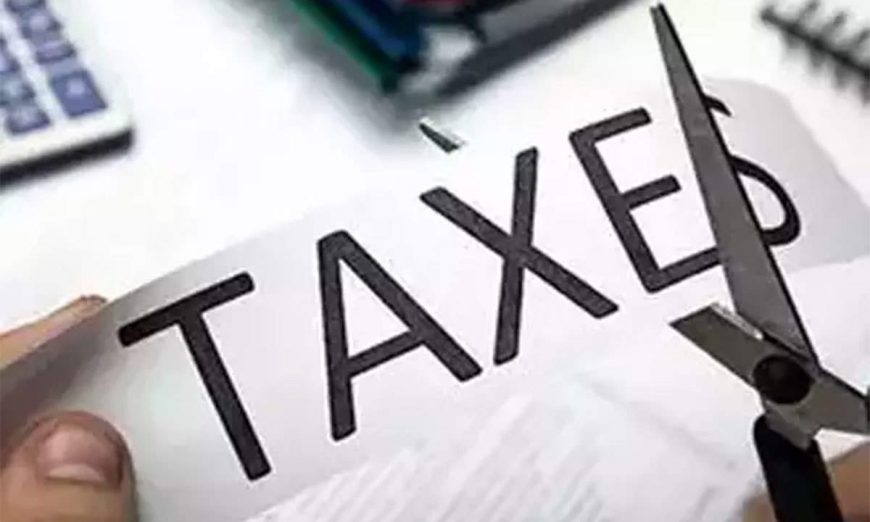The Assam Government has introduced a revised tax policy encompassing a spectrum of activities, including fees for permissions ranging from cultural processions to the establishment of petrol pumps and gas agencies. Under the new policy, individuals must now remit Rs 300 for the privilege of organizing cultural processions, ceremonies, and events, including traditional Bihu functions. Political rallies, events, and meetings come with a hefty price tag of Rs 2,000, while street plays, awareness rallies, and similar events require a payment of Rs 500. Those seeking permission for trade fairs, food expos, and similar events are obligated to pay Rs 5,000.
The business sector is not spared either, with a substantial fee of Rs 10,000 imposed for opening petrol pumps and gas agencies. Workers involved in construction now face a fee of Rs 300 for verification, and individuals seeking verification for rented accommodation and PG accommodations are also subject to this charge. Police clearances for commercial constructions have seen a significant surge, with a staggering Rs 50,000 required for projects in Guwahati city (GMDA area) and Rs 25,000 for those outside the city.
The impetus behind these modifications stems from the fees and charges instituted through the Assam Police Citizens Service Portal, also known as Assam Police Sewa Setu. The Governor of Assam has justified these changes under Section 4 of the Assam Right to Public Services (Amendment) Act, 2019. This legislation serves as the cornerstone for the revamped tax and fee structure, outlining the financial obligations individuals must fulfill to obtain authorization for various services.
This move has sparked a massive stir among citizens, who are expressing their discontent with what they perceive as burdensome charges for essential activities and services. Political groups are also joining the fray, denouncing the revised policy as an undue financial burden on the people. As debates intensify, the socio-economic implications of these changes are poised to become a focal point in the public discourse, shaping the landscape of civic engagement in Assam.

